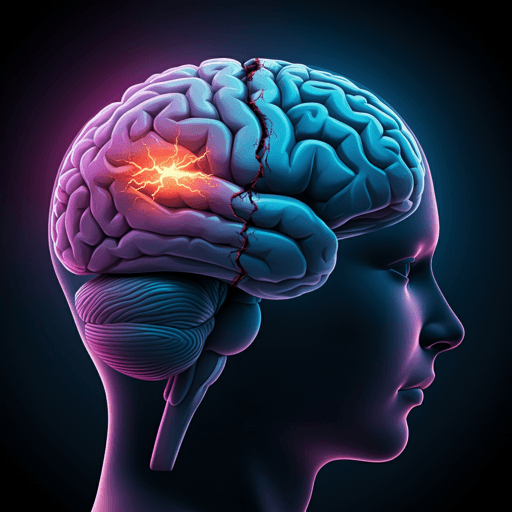
Medicine and Health
The mediating effect of the amygdala-frontal circuit on the association between depressive symptoms and cognitive function in Alzheimer's disease
Y. Du, S. Zhang, et al.
Discover how abnormalities in the amygdala–frontal circuit link depressive symptoms and cognitive decline in Alzheimer's disease, revealing potential treatment targets. This study, conducted by Yang Du, Shaowei Zhang, Qi Qiu, Yuan Fang, Lu Zhao, Ling Yue, Jinghua Wang, Feng Yan, and Xia Li, found reduced amygdala–IFG connectivity and lower left uncinate fasciculus FA mediating symptom–cognition effects.
Related Publications
Explore these studies to deepen your understanding of the subject.







